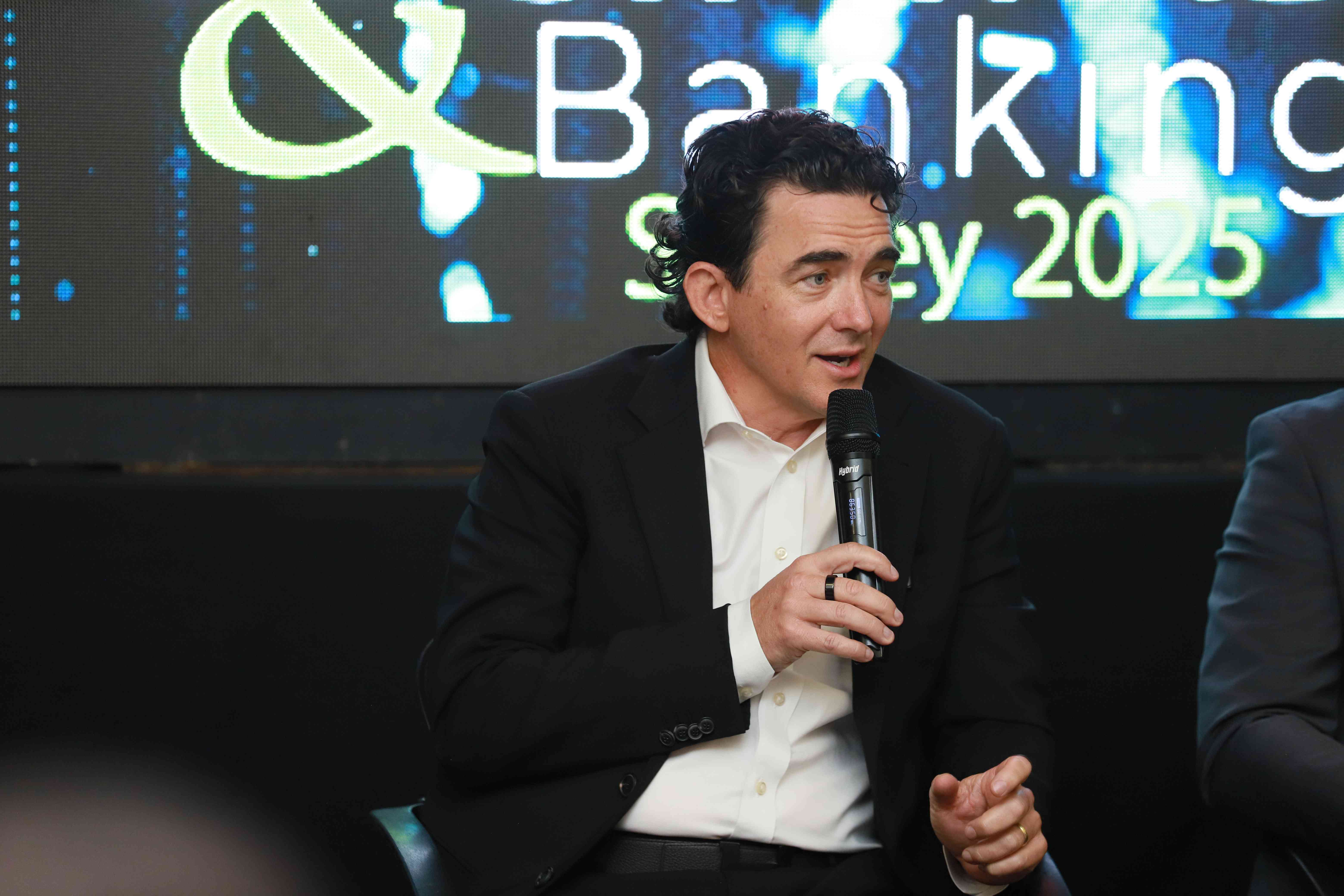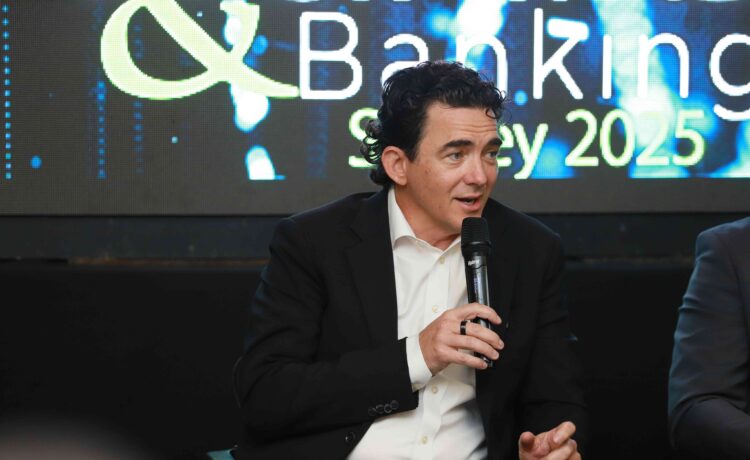
Sharpe urges govt to abandon 2030 mono-currency thrust
WESTPROP Holdings Limited (WestProp) chief executive officer Ken Sharpe has urged the government to abandon its 2030 mono-currency agenda, saying the country is not yet ready.
Sharpe, one of Zimbabwe’s largest property developers, is targeting the production of one billion bricks by 2050 through WestProp, aiming for a valuation of up to
US$5 billion.
Since the government announced plans to de-dollarise by 2030 through Statutory Instrument (SI) 218 of 2023 — a policy that has rarely succeeded in modern economies — investors and companies have raised alarm.
Financial institutions have reportedly stopped lending beyond 2030 and, in some cases, halted long-term loans altogether to preserve their foreign currency reserves.
This has made it increasingly difficult for businesses to access credit needed to reinvest and expand their operations.
Speaking at the Banks and Banking Survey 2025 hosted by this publication’s sister paper, Zimbabwe Independent, yesterday, Sharpe said beyond the credit squeeze, the market had yet to fully embrace the ZiG to sustain it as a mono-currency.
“My advice to the Reserve Bank of Zimbabwe, with all respect and to the banking community, to the financial sector of Zimbabwe is let’s not focus so much on the here and now; let’s focus on the future.
“And the 2030 deadline cannot be the future, because the future of Zimbabwe is not in 2030; it’s too soon,” he said.
“The second part of my discussion is the elephant in the room… If you take Israel, for example, as one of the countries that successfully de-dollarised, it took decades, 20 years, before they were confident enough to introduce the local currency as the main currency. And let’s call the local currency as the main currency.”
However, he added that it did not stop the US dollar from being transacted in that market.
“And we, as Zimbabweans, can’t compare ourselves to Jews. We’ve got to be honest; the Jews have the money.
“If they’ve got all the money in the world and it took them 20 years, how can we do it sooner? So, let’s be realistic about the goals.”
Sharpe said if the market was, indeed, market-driven, he expected market freedoms.
“The demand and supply of an economy is based on the freedom of the market. It cannot be forced,” Sharpes said.
“So when we look at the legislation in place, you say if it’s market-led, which is the words she [Reserve Bank of Zimbabwe deputy governor Jesmine Chipika] used, the deputy governor, and not a forced decision on the market, then how can we have this red flag sitting, staring at us like a warning sign to say beyond 2030 there’s no predictability, beyond 2030 there’s possibly no dollars?
“The banks will not extend the loan beyond 2030; it’s impossible. So, if you put that flag up to us and say it’s market-led, well, the trust unfortunately is not there.”
He said if the central bank was sincere about a market-led economy, the SI needed to be removed.





